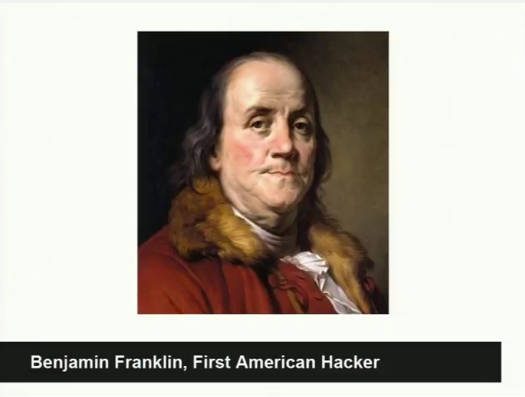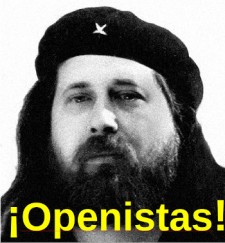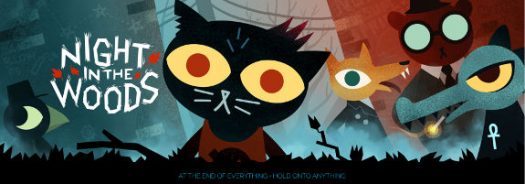Now that Thunderbird is back in the Debian repositories, the decade long dispute that led to all Mozilla products in Debian being rebranded has ended.
![]()
The hatchet is finally completely buried. Iceweasel was laid to rest a year ago with the return of Firefox to Debian. Now, Icedove gets to go gently into that good night as well, as the Thunderbird email client returns to Debian.
Christine Hall has been a journalist since 1971. In 2001, she began writing a weekly consumer computer column and started covering Linux and FOSS in 2002 after making the switch to GNU/Linux. Follow her on Twitter: @BrideOfLinux




 I have the Chrome web browser running full-screen on my Ubuntu desktop. Not Chromium, but proprietary Chrome — because it suits my needs better than open source Chromium. I also like Chrome better than Firefox, and I say this after using only Firefox for a week and trying hard to like it.
I have the Chrome web browser running full-screen on my Ubuntu desktop. Not Chromium, but proprietary Chrome — because it suits my needs better than open source Chromium. I also like Chrome better than Firefox, and I say this after using only Firefox for a week and trying hard to like it. 







